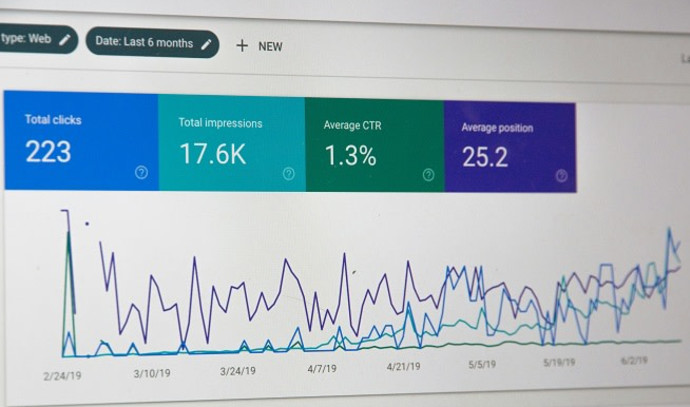Fitch lowered Israel's rating forecast from positive to negative yesterday and left the rating itself at A+ level, unlike Moody's which lowered Israel's rating in February. Is this a sign of cautious optimism? On the face of it, yes. After all, we are in the midst of a war whose end is not in sight, and there is no doubt that it has significant economic effects on the Israeli economy.
At the same time, Israel still radiates stability and economic control, and not thanks to the sectoral budget or the extravagance of the government, which received sharp criticism from both Moody's and Fitch. But mainly thanks to the public fighting on the front as well as in the rear, the stability that Israel has shown in all the last years, the high-tech industry whose positive image still radiates optimism and hope among investors and much thanks to the strong and cautious policy of the Bank of Israel.
On the other hand, the governor of the Bank of Israel himself said this week that the credit rating companies no longer reflect reality and that in practice our situation is even more bleak. This is because raising Israel's credit these days has become more difficult, and in practice Israel pays interest in accordance with the BBB credit rating, which is very bad compared to the positive rating published by the major credit rating companies, which is still at A levels (S&P at AA- rating, Moody's at A2 rating, and Fitz rated A+).

All the agencies point to Israel's growing deficit, the decline in the GDP debt ratio and the decline in tax revenues as critical factors in the long-term impact on the credit rating. And together with the negative impact of the lack of foreign investors and a decrease in business activity in Israel as the immediate factors affecting the general public and households.
And as the Governor of the Bank of Israel reflects the reality for us, it must be assumed that every citizen in Israel has experienced firsthand the recession and distress that surrounds us following the war. And if we haven't felt it personally, then we know friends, family and customers who are burdened and affected by the economic crisis already today in their daily lives.
The writer is the chairman of the consulting firm AUREN Israel. Assisted in the preparation of the article: Matan Wasserman






